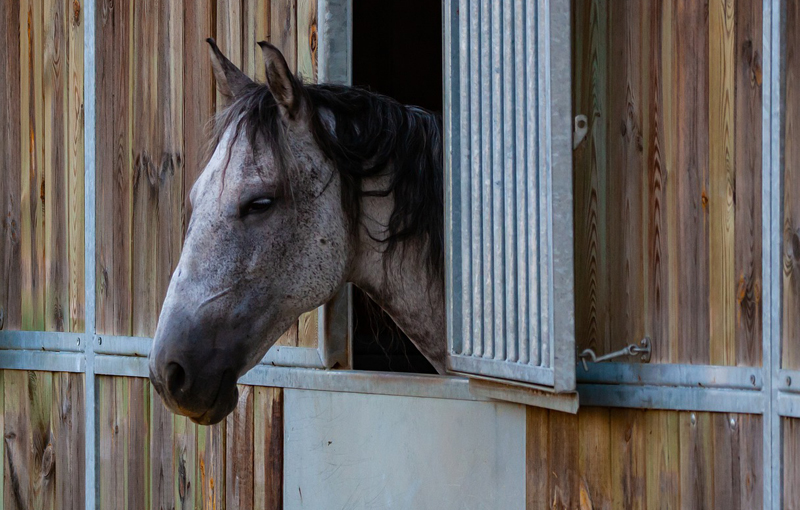The Ontario Ministry of Agriculture, Food and Rural Affairs (OMAFRA) has been notified of a case of Equine Herpes Myeloencephalopathy (EHM), caused by Equine Herpes Virus 1 (EHV-1), in the Ottawa region. The horse is currently receiving veterinary care at a referral center. OMAFRA has notified all veterinarians associated with animals that had contact with the suspect case in the preceding 10-14 days.
EHV-1 infection in horses can cause respiratory disease, abortion, neonatal foal death, and/or neurological disease. Disease associated with EHV-1 infection is not federally reportable but detection of the neuropathogenic strain is immediately notifiable by laboratories under the reporting regulation of the provincial Animal Health Act. Attending veterinarians suspicious of EHM should contact OMAFRA as soon as possible.
Because infected horses may show no clinical signs, but still shed the virus, the temperature of suspect animals should be monitored twice daily for 14 -21 days and any abnormalities discussed with a veterinarian. Neurological signs, if they develop, may include loss of balance, hind-limb weakness, recumbency, difficulty urinating, decreased tail tone and depression. It is important that a veterinarian assess suspect cases of EHM since it can be difficult to distinguish this from other serious neurological diseases, such as rabies.
EHV-1 is easily spread by nose-to-nose or close contact with an infectious horse, by sharing contaminated equipment (bits, buckets, towels etc.) or by the clothing, hands or equipment of people who recently had contact with an infectious horse. This highlights the need for routine biosecurity measures (including hand hygiene and basic cleaning and disinfection practices) to be in place at all times to prevent a disease outbreak. Special attention should be given to cleaning and disinfecting trailers.
Current EHV-1 vaccines may reduce viral shedding but are not protective against the neurological form of the disease. Implementing routine biosecurity practices is the best way to minimize viral spread.
The best method of disease control is disease prevention.
Ontario cases of EHM and other equine neurological disease are listed here.
More from Horse-Canada:




